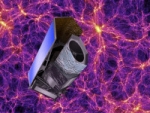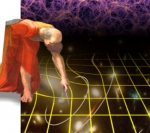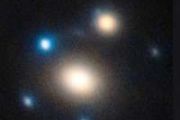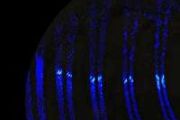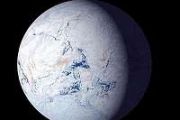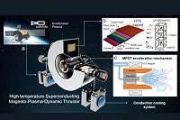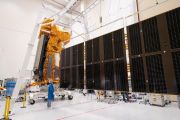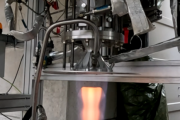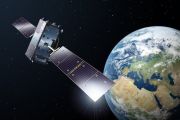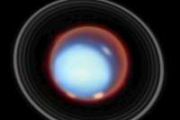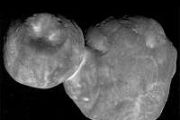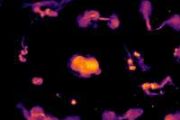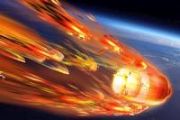Displaying items by tag: Euclid satellite
Euclid satellite
Euclid is an ESA mission selected for launch in 2019 in the Cosmic Vision 2015-2025 programme. The main goal of Euclid is to understand the origin of the accelerating expansion of the Universe. To achieve this, it is proposed to build a satellite equipped with a 1.2 m telescope and three imaging and spectroscopic instruments working in the visible and near-infrared wavelength domains.
The primary goall is to understand the nature of dark energy and dark matter by accurate measurement of the accelerated expansion of the Universe through different independent methods.
Euclid Consortium
The Euclid Consortium (EC) is a European organisation which brings together all laboratories contributing to the Euclid mission, beside ESA. The EC is composed of the teams that imagined, designed and proposed the Euclid mission submitted to the ESA Cosmic Vision program selection.
The main objective is to probe the mysteries of dark energy and dark matter.
Euclid is an ESA medium class mission selected for launch in 2019 in the Cosmic Vision 2015-2025 programme (ESA PR selection ). The main goal of Euclid is to understand the origin of the accelerating expansion of the Universe. To achieve this, it is proposed to build a satellite equipped with a 1.2 m telescope and three imaging and spectroscopic instruments working in the visible and near-infrared wavelength domains. These instruments will explore the expansion history of the Universe and the evolution of cosmic structures with look back time by measuring shapes and redshifts of galaxies as well as the distribution of clusters of galaxies as function of redshift over a very large fraction of the sky. The satellite will be launched by a Soyuz ST-2.1B rocket and transferred to the L2 Lagrange point for a 6 years mission (see the ESA Euclid mission summary ).
Euclid will address key fundamental cosmological questions:
- Is dark energy merely a cosmological constant, as first discussed by Einstein, or is it a new kind of field that evolves dynamically with the expansion of the universe?
- Alternatively, is dark energy instead a manifestation of a break-down of General Relativity and deviations from the law of gravity?
- What are the nature and properties of dark matter?
- What are the initial conditions which seed the formation of cosmic structure?
- etc.
see as well: ESA Euclid homepage

